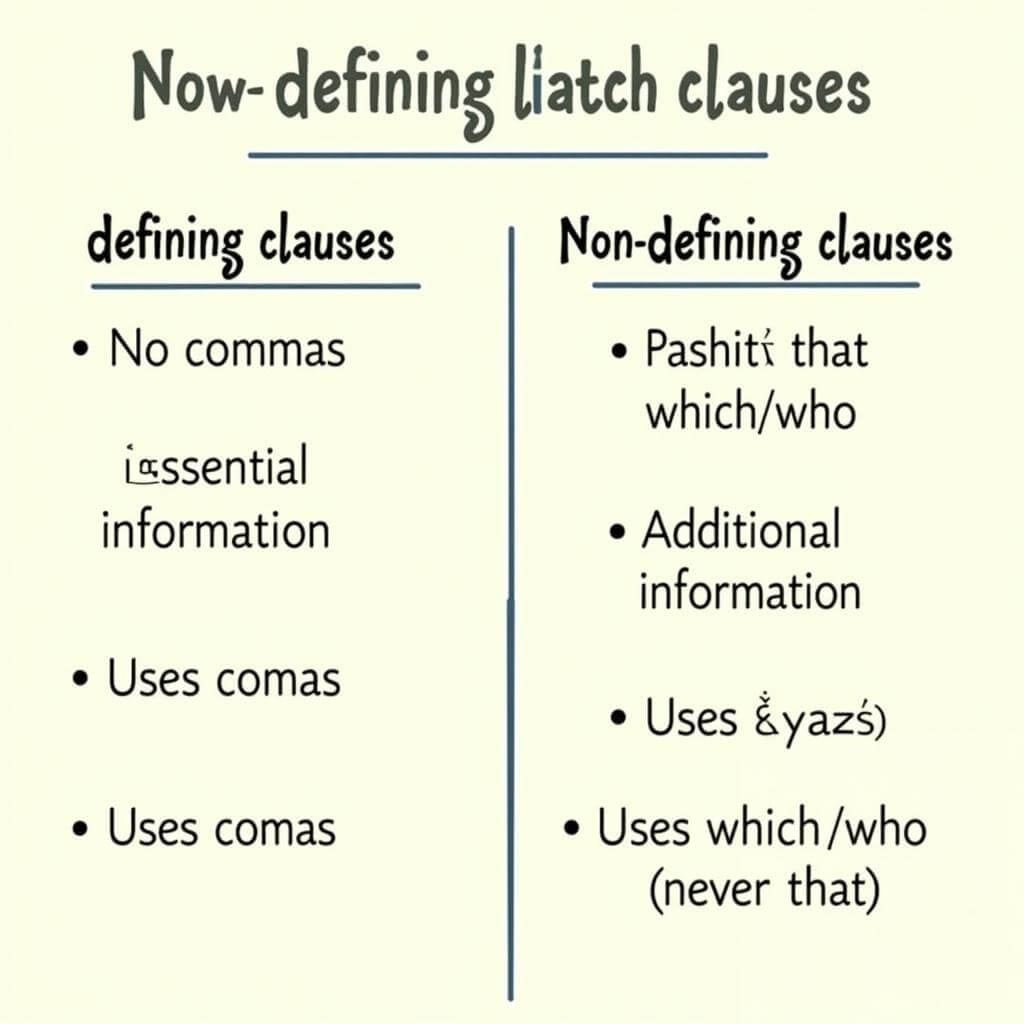Relative pronouns play a crucial role in connecting ideas and creating complex sentences, which is essential for achieving a high score in IELTS writing tasks. Understanding how to use relative pronouns correctly can significantly enhance your writing skills and help you express your thoughts more clearly and concisely. In this comprehensive guide, we’ll explore the ins and outs of using relative pronouns effectively in your IELTS essays.
Understanding Relative Pronouns
Relative pronouns are words that introduce relative clauses, providing additional information about a noun or pronoun in the main clause. The most common relative pronouns in English are:
- Who (for people)
- Whom (for people, in formal contexts)
- Which (for things)
- That (for both people and things)
- Whose (to show possession)
Knowing when and how to use these pronouns correctly is crucial for improving your IELTS writing score.
How to use relative clauses in IELTS Writing?
The Importance of Relative Pronouns in IELTS Writing
Relative pronouns are essential for:
- Combining sentences and ideas
- Adding specificity to your writing
- Improving coherence and cohesion
- Demonstrating a higher level of grammatical complexity
By mastering the use of relative pronouns, you can elevate your writing from simple, disconnected sentences to sophisticated, well-structured paragraphs that impress IELTS examiners.
Types of Relative Clauses
There are two main types of relative clauses:
- Defining (Restrictive) Relative Clauses
- Non-defining (Non-restrictive) Relative Clauses
Understanding the difference between these two types is crucial for using relative pronouns correctly.
Defining Relative Clauses
Defining relative clauses provide essential information about the noun they modify. They are not separated by commas and typically use “that” or “which” for things, and “who” or “that” for people.
Example:
- The book that I borrowed from the library is overdue.
Use of defining relative clauses for essential information
Non-defining Relative Clauses
Non-defining relative clauses provide additional, non-essential information. They are always separated by commas and use “which” for things and “who” for people, but never “that”.
Example:
- My sister, who lives in London, is visiting next week.

Common Mistakes and How to Avoid Them
When using relative pronouns in IELTS writing, be aware of these common pitfalls:
- Confusing “who” and “whom”
- Overusing “that” in formal writing
- Forgetting commas in non-defining clauses
- Using the wrong pronoun for people or things
Dr. Emma Thompson, a renowned IELTS examiner, advises: “One of the most common mistakes I see is the misuse of ‘which’ and ‘that’. Remember, ‘which’ is typically used for non-defining clauses, while ‘that’ is used for defining clauses.”
Tips for Correct Usage
To use relative pronouns correctly:
- Use “who” for people and “which” for things in non-defining clauses
- Use “that” for defining clauses about both people and things
- Always use commas with non-defining clauses
- Choose “whom” instead of “who” when it’s the object of a verb or preposition (in formal writing)
Using grammar for better cohesion
Strategies for Incorporating Relative Pronouns in IELTS Writing
To effectively use relative pronouns in your IELTS essays:
- Practice combining simple sentences using relative pronouns
- Vary your sentence structures to include both defining and non-defining clauses
- Use relative pronouns to add relevant details to your main points
- Proofread your work, paying special attention to comma usage with relative clauses
Professor David Chen, an IELTS writing specialist, suggests: “Incorporate relative pronouns naturally by thinking about what additional information your reader needs. This will help you decide between defining and non-defining clauses.”
Advanced Techniques for Using Relative Pronouns
To truly excel in your IELTS writing, consider these advanced techniques:
- Using reduced relative clauses for conciseness
- Employing relative adverbs (where, when, why) for variety
- Utilizing “whose” to show possession in complex sentences
- Combining relative clauses with other complex structures
Remember, while these techniques can enhance your writing, clarity should always be your primary goal.
How to use formal language in IELTS writing task 2
Conclusion
Mastering the use of relative pronouns is a key skill for achieving a high score in IELTS writing. By understanding the different types of relative clauses, avoiding common mistakes, and practicing advanced techniques, you can significantly improve the complexity and coherence of your essays. Remember to use relative pronouns naturally and appropriately, always keeping your reader in mind. With consistent practice and attention to detail, you’ll be using relative pronouns correctly and confidently in no time.
FAQs About Using Relative Pronouns in IELTS Writing
-
Q: Can I use “that” instead of “which” in non-defining clauses?
A: No, “that” should not be used in non-defining clauses. Always use “which” for things and “who” for people in non-defining clauses. -
Q: How can I tell if a clause is defining or non-defining?
A: Ask yourself if the information is essential to the meaning of the sentence. If it’s essential, it’s a defining clause. If it’s additional information that could be removed without changing the main meaning, it’s non-defining. -
Q: Is it acceptable to use “whose” for things as well as people in IELTS writing?
A: Yes, “whose” can be used for both people and things in formal writing, including IELTS essays. -
Q: How many relative clauses should I aim to use in my IELTS essay?
A: There’s no set number, but aim for a natural balance. Use them to add complexity and detail, but don’t overuse them to the point of making your writing difficult to follow. -
Q: Can omitting relative pronouns improve my IELTS score?
A: While it’s sometimes possible to omit relative pronouns, especially in defining clauses, showing your ability to use them correctly can demonstrate a higher level of English proficiency.